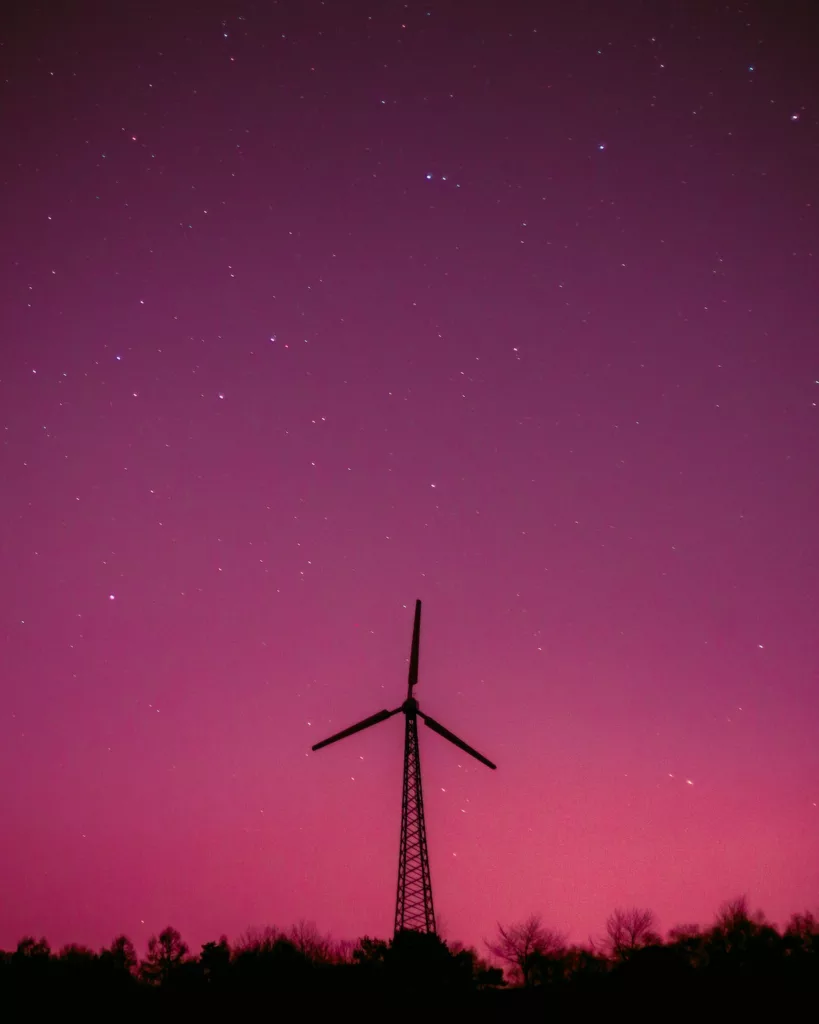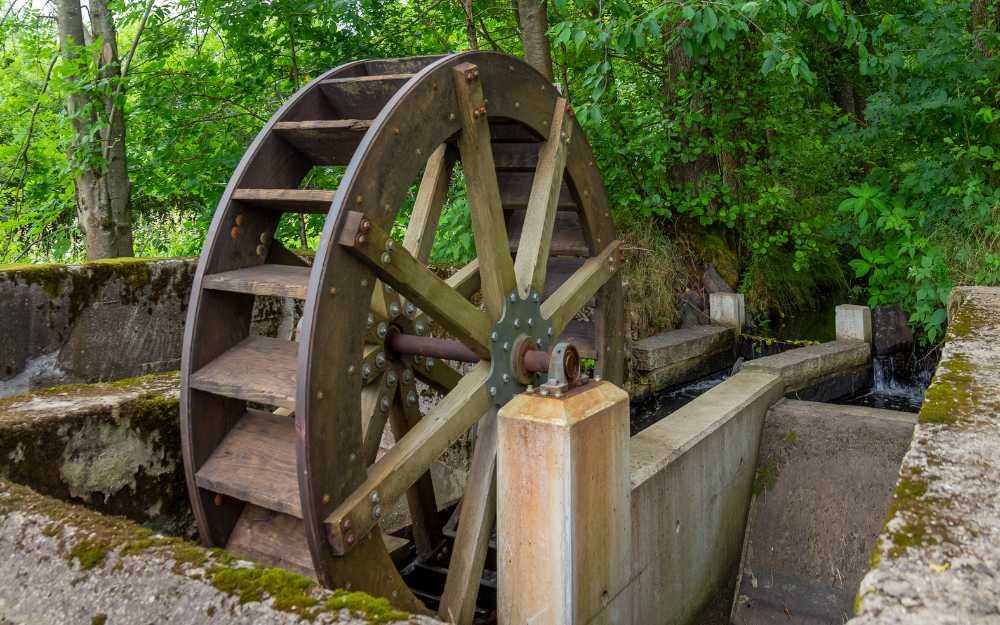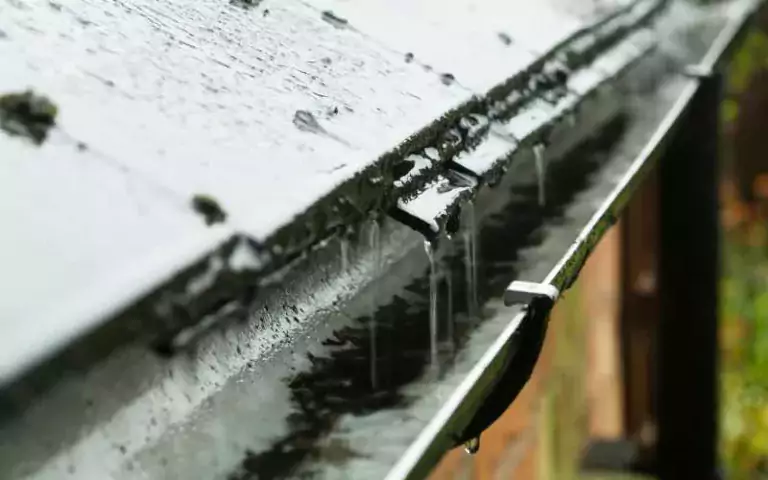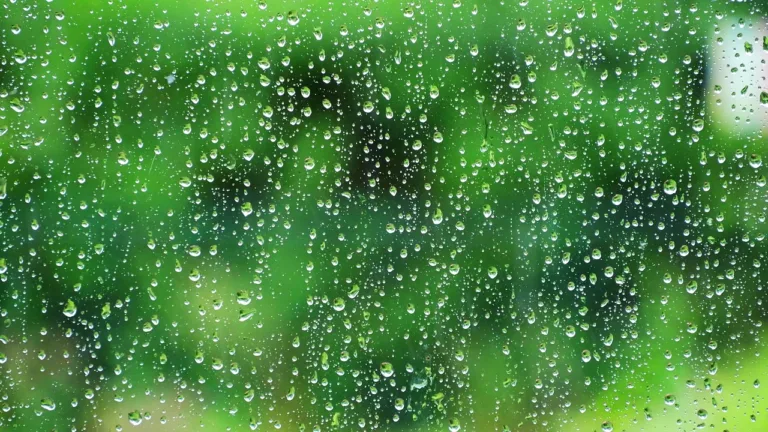Clean Energy Sources for Off-Grid Living: Exploring Sustainable Power Options
Just a heads up, this post contains some affiliate links. That means that we earn a small commission if you buy the product at no extra cost to you. That allows us to continue to research and share interesting articles with you. :)
Are you itching to ditch the grid and live off the land? We have been musing over this idea for some time now. We want to decrease our carbon footprint and increase our self-reliance. We’ve got an allotment where we grow our own veggies, and now we’re hunting for sustainable energy sources to power our tools and machinery.

We’re also on the lookout for a smallholding where we can set up a more permanent off-grid home and play around with generating our own power.
Living off the grid has grown in popularity in recent times as more folks seek to get back in touch with nature and detach from the frenzy of modern living. When you live off the grid, you become your own power source, you grow your own food, and you become more self-sufficient.
Not only does this lifestyle offer you a sense of liberation and independence, but it’s also good for the environment.
In this article, we’ll delve into some of the best clean energy sources for off-grid living, including:
- Solar power
- Wind power
- Hydropower,
- Geothermal energy
- Biomass energy
- Ocean energy.
We’ll explore the benefits of each source and recommend some installations and products that can help you transition to a more sustainable, self-sufficient way of life.
This guide will provide you with crucial insights and tools to help you live more sustainably and independently, whether you’re a seasoned off-grid veteran or just starting out on your journey. So come on, let’s dive in and explore the world of clean energy sources for off-grid living!
The Benefits Of Off-Grid Power
One of the major advantages of off-grid living is self-sufficiency. You’re no longer reliant on standard services like power, petrol, or water. Instead, you can produce your own clean energy sources, collect and clean your own water, and depend on natural heat and light sources. You have complete control over your resources, and you’re not at the mercy of energy costs or power outages.
Another benefit of living off the grid is the reduced environmental impact. Conventional utilities rely heavily on fossil fuels, which contribute to climate change and other environmental woes. By producing your own power from sustainable sources like solar, wind, or hydro, you can lower your carbon footprint and do your part to preserve the planet.
Off-grid living also encourages a more sustainable lifestyle by allowing you to grow your own food, compost your waste, and reduce your dependence on consumer goods.
Clean Energy Source 1: Solar Power
Solar power is one of the most popular clean energy sources. Solar uses the sun’s rays to generate electricity. Photovoltaic (PV) cells in solar panels catch the sun’s energy and convert it to useful power. Everything from lights and appliances to tools and equipment can be powered by this electricity.

One of the primary benefits of using solar electricity for off-grid living is that it delivers steady and stable power. Solar panels can generate electricity as long as the sun shines, so you don’t have to worry about power outages or supply disruptions.
Solar power is also one of the few silent and emissions-free clean energy sources available, making it an excellent choice for those who appreciate peace and quiet while minimising its environmental impact.
There are numerous examples of highly effective solar power setups for off-grid dwellings. Some off-grid households, for example, install rooftop solar panels, which can offer significant electricity even in places with minimal sunlight.
Some opt for ground-mounted solar panels or solar-powered generators, which may power anything from lights and appliances to tools and equipment.
There are numerous solutions accessible to you if you want to use solar electricity for off-grid living. Several solar panel installation services are available to assist you in designing and installing a solar power system that is tailored to your unique demands and budget.
There are also various solar-powered off-grid living devices available, such as solar-powered lights, generators, and water pumps.
Here are a few solar-powered options for your next off-grid adventure, whether at home or in a tent:
- Renogy 100W Solar Panel Kit
- ALLPOWERS 1500Wh Portable Power Station
- ECO-WORTHY 480W 12V Solar Panel System
Clean Energy Source 2: Wind Power
Wind energy is also one of the most popular clean energy sources that off-grid enthusiasts used to generate electricity. Wind turbines, which are often erected on towers or poles, use the kinetic energy of the wind to spin blades, which generate electricity via a generator.

Wind power generation can be used to power everything from lights and appliances to tools and equipment.
One of the primary benefits of adopting wind power for off-grid living is its capacity to generate electricity in remote locations. Wind turbines can be erected in regions with continuous and high wind flow, making them an excellent choice for off-grid houses in isolated or rural areas.
Wind power offers the potential for cheap operational costs because there are no fuel costs connected with producing electricity from the wind.
There are numerous examples of highly effective wind power setups for off-grid dwellings.
Some off-grid households, for example, prefer to erect small-scale wind turbines, which can generate a significant amount of power even in places with low wind rates.
Others opt for larger-scale wind turbines that can power everything from modest homes to big cities.
There are numerous alternatives accessible to you if you want to use wind power for off-grid living. Several wind turbine installation services are available to assist you in designing and installing a wind power system that is tailored to your individual demands and budget.
There are also various wind-powered goods available, such as wind-powered generators and pumps, that can be utilised for off-grid living.
Here are a few examples of wind-powered devices appropriate for off-grid living:
- Bayoung Wind Turbine Generator
- Giosolar 2000W Wind Solar Kit
- Windmill Generator 800W 5 Fan Wind Power Turbine Generator Kit
Clean Energy Source 3: Hydropower
Hydropower is a type of clean energy source that generates electricity by harnessing the power of moving water. Turbines are used in hydropower systems to convert the kinetic energy of water into electrical energy. Little streams and rivers, as well as bigger bodies of water like lakes and seas, can be used to generate hydropower.
One of the primary benefits of using hydropower for off-grid life is its dependability. Hydropower, unlike solar and wind power, can create electricity on a regular basis as long as there is a consistent flow of water. Hydropower is also a low-cost clean energy source because it generates electricity without the use of other fuel.
If you want to live off the grid and use hydropower, you have a number of options.
Some homes that are not connected to the power grid, for example, have small hydropower generators that can get their power from streams or rivers. Others choose bigger hydroelectric turbines that can get power from large bodies of water.
There are a number of hydroelectric power installation services that can help you design and set up a hydropower system that fits your needs and budget.
There are also various hydroelectric goods, such as water-powered generators and pumps, that can be utilised for off-grid life.

Clean Energy Source 4: Geothermal Energy
Geothermal energy is a type of clean energy that generates power by harnessing the heat released by the earth’s core.
Wells are used to access subsurface reserves of hot water and steam, which are subsequently used to operate turbines and create energy in geothermal power plants. Due to the fact that geothermal energy is a steady supply of heat, it can also be utilised to heat and cool structures.
One of the principal advantages of employing geothermal energy for off-grid living is the ability to generate power all year. Unlike solar and wind energy, which are affected by weather, geothermal energy can provide electricity continuously throughout the year.
Geothermal energy also provides low maintenance costs because the devices used to generate electricity are basic and long-lasting.
There are numerous examples of highly effective geothermal energy solutions for off-grid dwellings.
Some off-grid homes, for example, install ground-source heat pumps, which use the earth’s steady temperature to heat and cool houses. Others opt to build geothermal power plants, which use subsurface pools of hot water and steam to generate substantial amounts of electricity.
There are numerous alternatives accessible to you if you want to use geothermal energy for off-grid living. Several geothermal heating and cooling systems are available to assist you adjust the temperature of your off-grid house.
There are also several geothermal power generation equipment available, such as geothermal power plants and geothermal turbines, that can be used for off-grid living.
Clean Energy Source 4: Biomass Energy
Biomass energy is a type of clean energy source that harnesses the potential of organic materials, such as wood chips, sawdust, and agricultural waste, to generate heat or electricity. It can be produced from an array of sources, including forest and crop residues, as well as animal waste.
Biomass energy presents itself as an appealing alternative for off-grid living as it has the potential to be locally produced from otherwise discarded materials, making it a sustainable and cost-effective clean energy source. Additionally, it can be used for heating and cooking in off-grid homes, a characteristic that proves to be especially useful in remote locations.
There are countless effective biomass energy installations available for off-grid homes, and homeowners have the option to install wood or pellet stoves to heat and cook food. Another viable alternative would be to opt for biomass power generators that utilize organic materials like wood chips or agricultural waste to generate electricity, leading to a diverse range of energy options.
Numerous biomass heating and cooking systems are available, and these can effectively regulate the temperature of off-grid homes and cook food. Furthermore, there is an array of biomass power generation products, including biomass power plants and biomass gasifiers that can be used for off-grid living.
Clean Energy Source 5: Ocean Energy
Ocean energy is a type of clean energy source that generates electricity by harnessing the strength of ocean waves, tides, and currents. Ocean energy systems transform the kinetic energy of ocean waves and currents into electrical energy using turbines or other equipment.
One of the primary benefits of using ocean energy for off-grid life is its reliability and consistency as a clean energy source. Unlike solar and wind energy, which are impacted by weather, ocean energy can provide electricity continuously all year.
Ocean energy is also a clean, renewable energy source with the potential to cut greenhouse gas emissions and ameliorate the consequences of climate change.
There are numerous examples of highly effective ocean energy projects for off-grid residences.
Some off-grid households, for example, construct wave energy converters, which harness the motion of ocean waves to generate electricity. Others opt to install tidal energy systems, which generate electricity by utilising the rise and fall of ocean tides.
There are numerous methods accessible to you if you want to use ocean energy for off-grid life. Many ocean energy technology and product firms can assist you in designing and installing an ocean energy system adapted to your specific demands and budget.
Conclusion

We looked at numerous sustainable clean energy sources that can be used for off-grid living in this article. We’ve talked about the benefits of employing solar power, wind power, hydropower, geothermal energy, biomass energy, and ocean energy for off-grid living, such as their dependability, cheap operating costs, and year-round power generation.
You can achieve self-sufficiency and sustainability by adopting renewable clean energy sources for off-grid living. You may lessen your reliance on traditional utilities and fossil fuels while simultaneously lowering your carbon footprint and helping to make the environment cleaner and healthier.
Transitioning to sustainable clean energy sources for off-grid life is critical, not only for personal reasons but also for the sake of the planet. Since climate change continues to have an impact on our globe, we must take action to minimise carbon emissions and encourage sustainable living practises.
There are numerous resources accessible to you if you want to learn more about off-grid or sustainable living. You can join off-grid or sustainable living online communities or groups, or you can speak with professionals in the field for specialised guidance and recommendations.
You can enjoy a self-sufficient and sustainable existence while simultaneously contributing to a better and healthier planet by taking action and transitioning to renewable and clean energy source for off-grid living.
Back To The Good Life is a participant in the Amazon Services LLC Associates Program, an affiliate advertising program designed to provide a means for sites to earn advertising fees by advertising and linking to Amazon.com. We also participate in other affiliate programs which compensate us for referring traffic.








